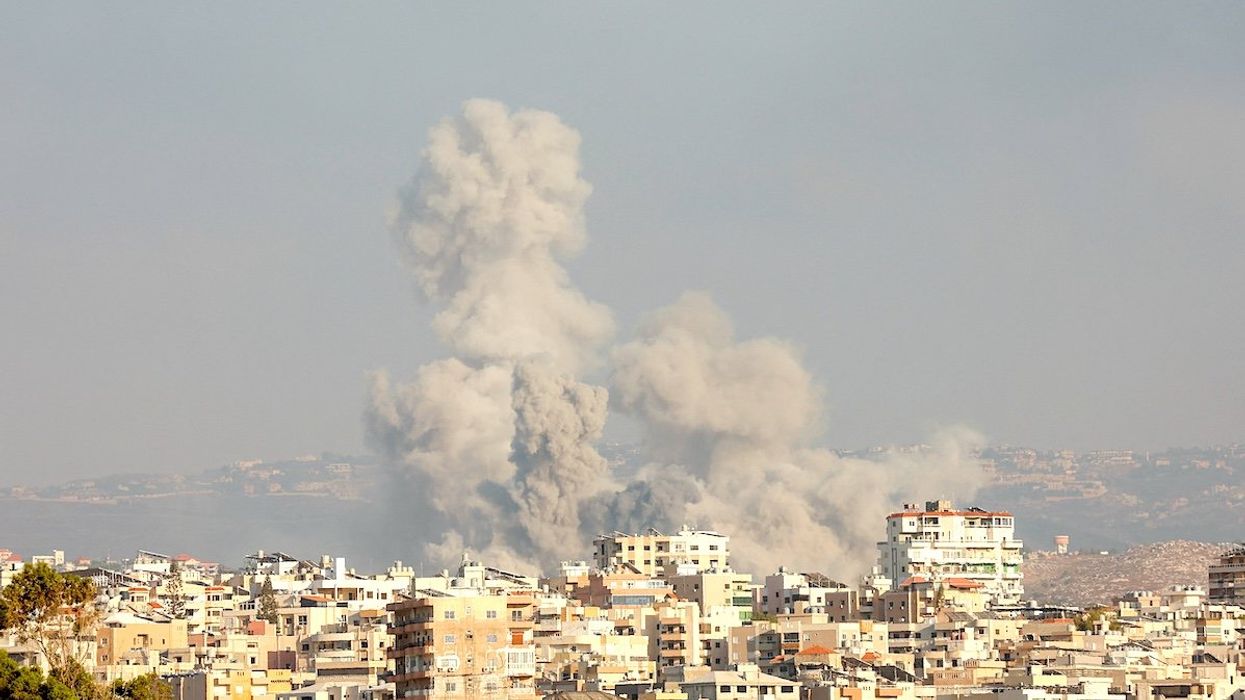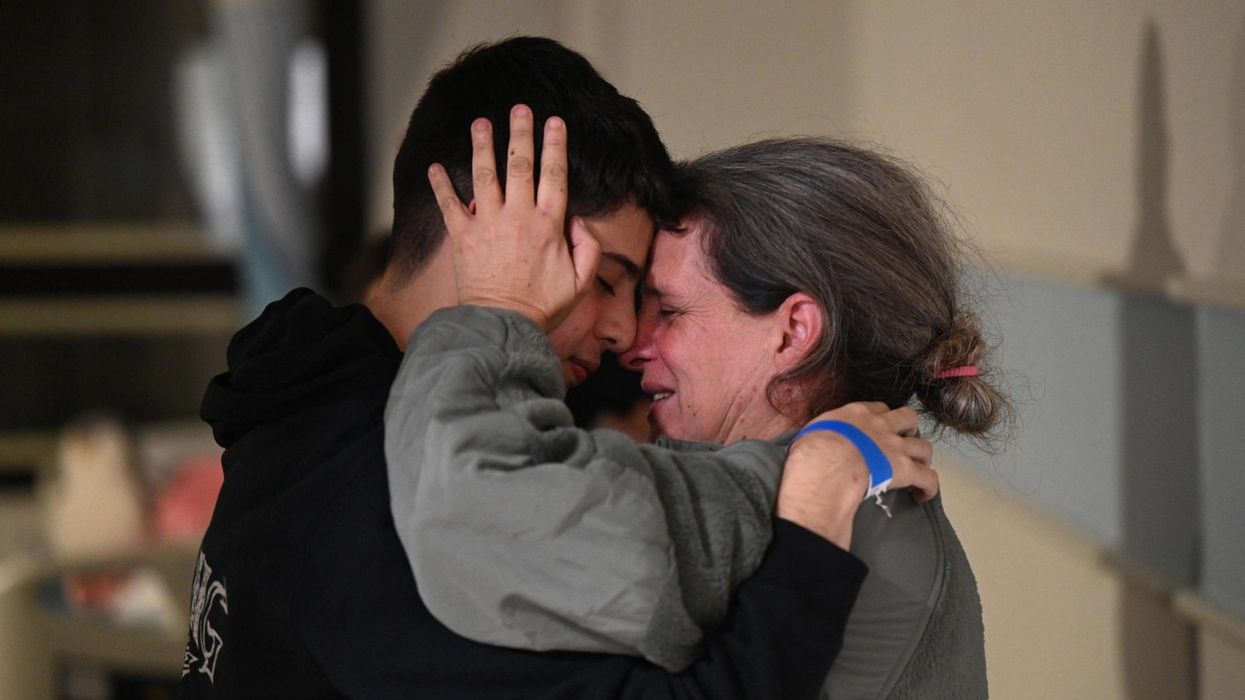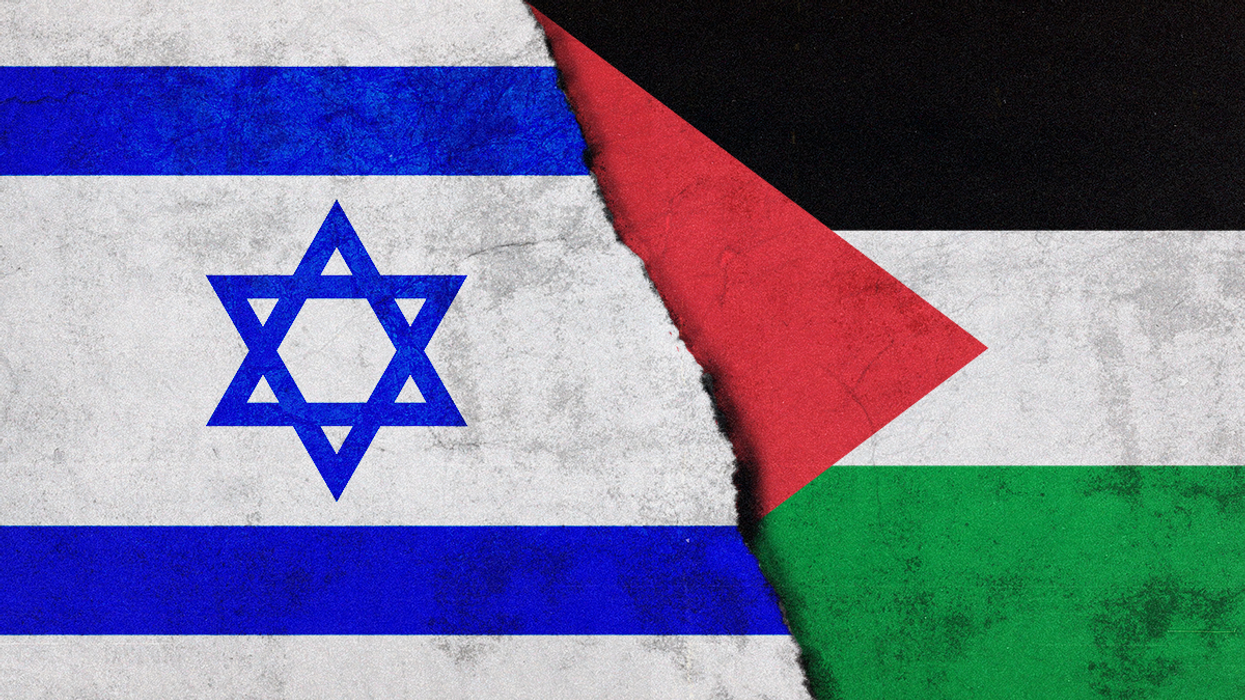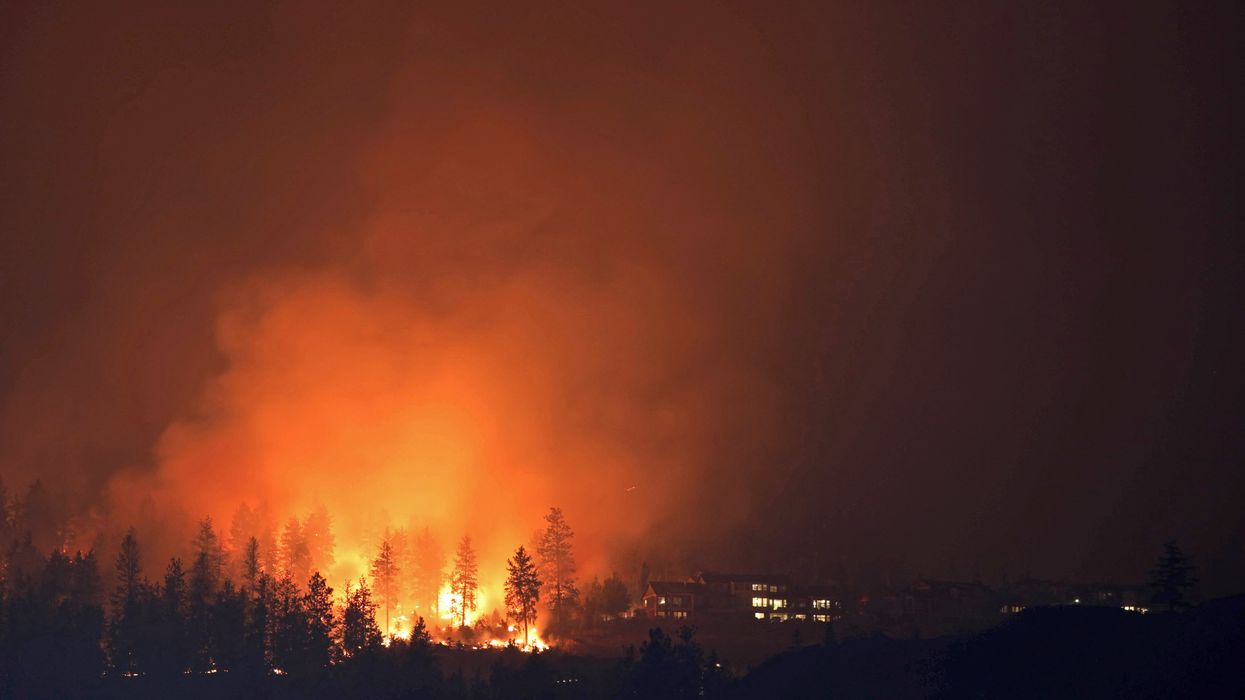What We're Watching
Israel pummels Lebanon with airstrikes
We feel like a broken record — but tensions are rapidly escalating between Israel and Hezbollah. Following Sunday’s rocket attacks on northern Israel by Hezbollah, Israel on Monday pounded Lebanon with hundreds of airstrikes.
Sep 23, 2024




